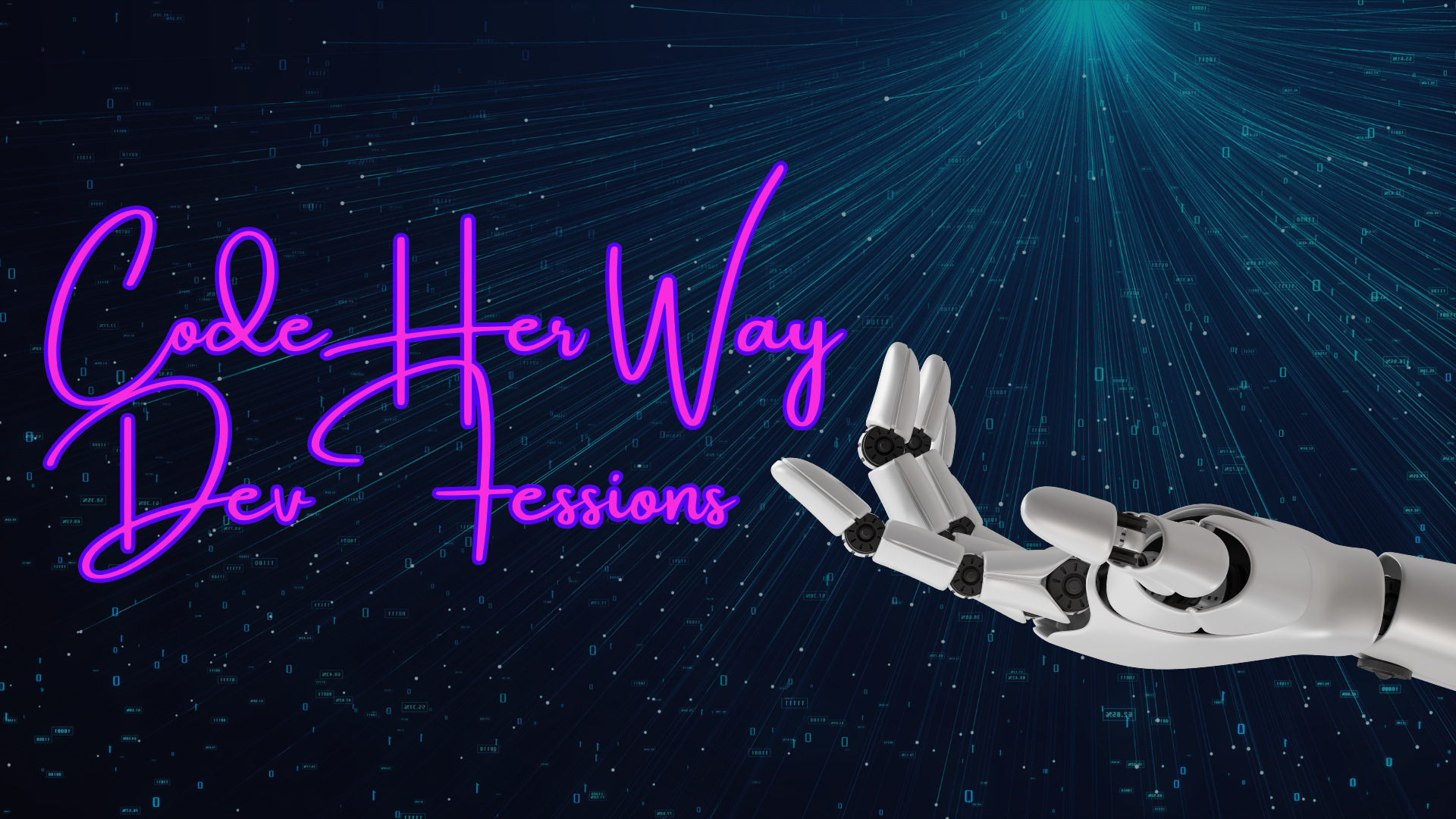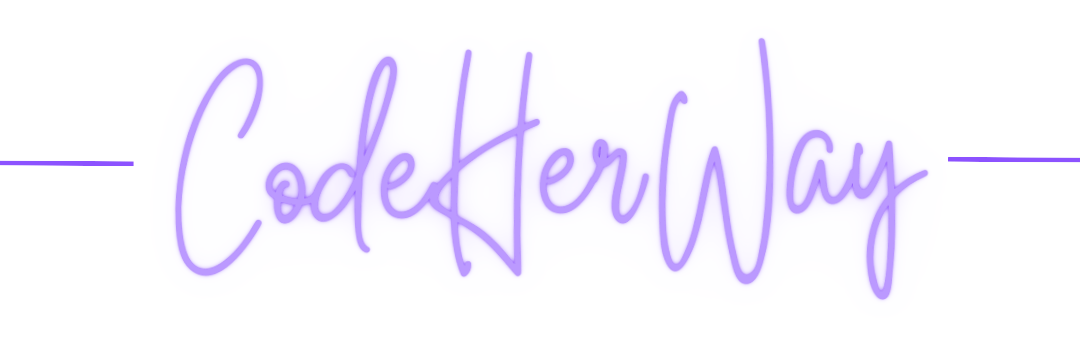You Don’t Look Like a Developer” Is My Favorite Compliment
Owning the stereotype, flipping it, and thriving anyway.
Picture this: I was at my doctor’s appointment this weekend. While casually chatting with my doctor, he asks what do you do. I smile and respond, "I’m a developer," and then comes the inevitable pause, slightly raised eyebrows, followed by the infamous line: "You don’t look like a developer."
Believe it or not, that moment has become my favorite kind of compliment.
“You don’t look like a developer.”
The first time I heard it, I froze.
Was it... a compliment? An insult? An accidental microaggression wrapped in surprise?
Now?
I take it as a win.
Because if your idea of what a “real developer” looks like doesn’t include women, people of color, or literally anyone who doesn’t fit the outdated hoodie-in-a-basement stereotype—then yeah, you’re right.
I don’t look like a developer.
I look like a better developer.
And here’s why I wear that label with pride.
😲 Surprise! Developers Can Wear Lipstick
People often have a specific (and usually incorrect) image in mind for developers: hoodie-clad, coffee-drinking, basement-dwelling, usually male. I happily shatter that stereotype every time I walk into a room with freshly manicured nails and my favorite pair of statement heels. Being told I don’t fit the developer mold? Perfect—that mold was due for an upgrade anyway.
Spoiler:
Developers don’t come off an assembly line.
We are women in power suits.
We are men in leather jackets.
We are nonbinary folks with colorful hair and fabulous sneakers.
We are moms, dads, students, career-changers, and late-night side hustlers.
And honestly?
We’ve been here. You just weren’t looking.
💪 Flipping the Script on Stereotypes
Instead of feeling insulted by the phrase, I choose to own it. Why? Because every stereotype I break down creates more room for everyone else who's been boxed out. By confidently showing up exactly as I am, I redefine what a developer can look like—and that’s powerful.
I don't just accept it—I love it.
Because every time someone says it:
Another stereotype cracks.
Another assumption falls apart.
Another door opens a little wider for someone after me.
Every line of code I ship.
Every feature I deploy.
Every bug I debug while looking fabulous?
It’s quiet, unstoppable rebellion.
And it’s proof that tech isn’t about looking the part.
It’s about building the future.
👩💻 Thriving, Not Just Surviving
“You don’t look like a developer” doesn't just mean I defy appearances. It also signals an opportunity to talk openly about diversity in tech. It's a door opening to conversations about inclusion, representation, and the reality that talent comes in every possible package.
Things I remind myself and others:
You don’t have to fit a stereotype to belong in tech.
Your skills and ideas matter more than your wardrobe.
Breaking stereotypes isn’t just fun—it’s necessary.
🌟 Celebrating the Unconventional
Tech desperately needs diversity—of gender, race, backgrounds, and yes, even fashion sense. When someone says I don’t look like a developer, I take it as validation that I'm doing my part to broaden the tech world's narrow perceptions.
Developers wear dresses.
Developers wear hoodies.
Developers wear heels, Crocs, combat boots, or no shoes at all while coding from their couch.
Developers look like introverts, extroverts, and that weird in-between stage you reach after three straight days of bug fixing.
You know what all developers really look like?
Resilient. Curious. Problem-solving legends.
That’s it.
No uniform required.
So yes, I proudly claim “You don’t look like a developer” as my favorite compliment. Each time I hear it, I know I’m helping to rewrite the rules—and thriving while doing it. Next time someone tells you that you don’t look like your job title, smile and say, “Thanks, I’m redefining it.”
And know that you’re changing the industry just by existing boldly, unapologetically, and visibly.
We’re not just developers.
We’re the new blueprint.
And we’re building a future where everyone—every look, every background, every story—belongs in tech.


